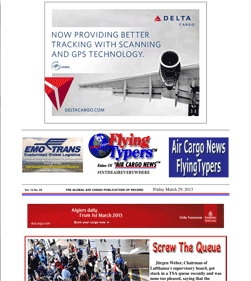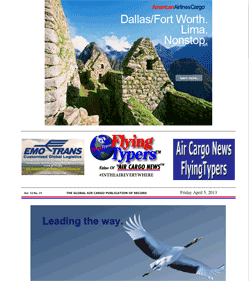 |
 |
|
| |
||
|
Vol. 11 No. 31 #INTHEAIREVERYWHERE Friday April 5, 2013 |
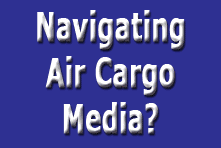 |
 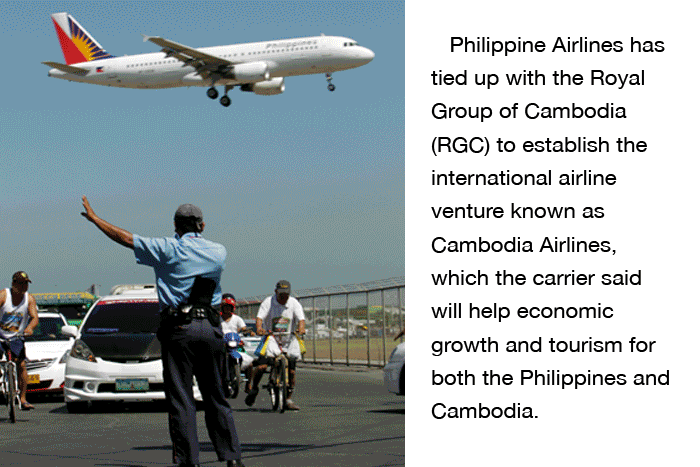
|
Speaking
of Empire, on November
26, 2010, in Abu Dhabi,
Queen Elizabeth declared
Maurice Flanagan a Knight
Commander of the Order
of the British Empire
(KBE), recognizing his
long and illustrious career
in aviation, and bestowing
the honor with many members
of Mr. Flanagan’s
family and friends in
attendance, including
Sheikh Ahmed Bin Saeed
Al Maktoum.
|
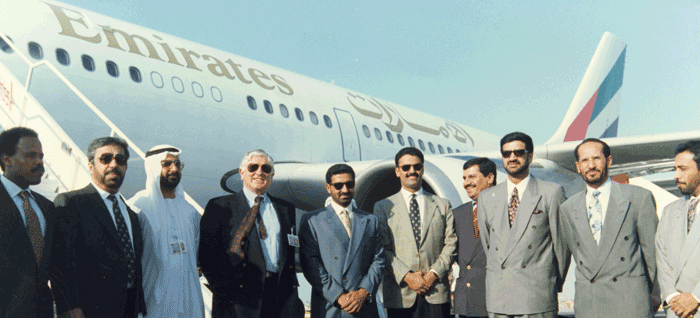 |

A
couple weeks ago we sat
in Maurice Flanagans’
comfortable office in
a complex build across
from the dazzling new
airport in Dubai, built
upon Emirates Airline’s
global success.
He
was his usual ebullient
self as he talked about
retirement, and immediately
laughed when I told him
we were looking for a
puff of white smoke above
Emirates HQ signaling
that his successor had
been named.
“I
shall return home to England
and become a tax resident
there,” Sir Maurice
smiled.
“But
I will also still spend
a lot of time in Dubai.
“Sheikh
Ahmad is keeping our company
home here for us.”
“I
am one of the Trustees
of the Annual International
Literary Festival in Dubai
(just completed) in 2014.”
“I’ll
also come back for the
rugby.
“I
shall be here when the
weather gets foul in England.
“We
have my daughter and son-in-law
here, so our future will
include plenty of time
in Dubai,” he said.

“Important
news from The International
Literary Festival this
year is that Leslie McLoughlin,
Senior Research Fellow,
Institute of Arab and
Islamic Studies, University
of Exeter has completed
development on an EU-funded
online e-Learning course
of Modern Standard Arabic
for tourists, students
and business people.
“The
possibilities are endless
for this absolutely free
to everyone in EU &
UAE interactive e-learning
course that is in use
in schools, government
and diplomatic services
and elsewhere.
“For
example thousands of online
learners can learn the
language simply by going
to the website or to an
iPad or Android apps as
well.”
“The
website www.arabiconline.eu
is a virtual window on
the Arab world, and can
get you speaking the language
and up to date quickly,”
Sir Maurice said.
“It
is simply amazing,”
he added.
“There
are instant translations
from Arabic to English,
and you can record your
voice and the site will
tell you if you’ve
got it right,” he
said.
While
we spoke, Maurice occasionally
said something to his
desktop that repeated
the words back in Arabic.
Here
is the man who helped
lay the foundation and
guided the movements of
what has become a transportation
enterprise, which, in
2013, has eclipsed all
but a few airlines in
the international passenger
and cargo business.
And
yet he is still learning.
Except
now he is running with
the 20-year-old computer
geeks and their professors
to bring the Arabic language
and culture to every computer
in the world.
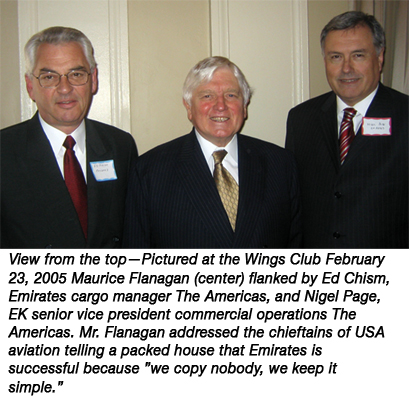

As
we spoke a bit further,
Mr. Flanagan offered a
personal view of the airline
business at the moment:
“Emirates
in 2013 is doing just
fine, the flights are
full,” Sir Maurice
said.
“In
fact flights are so busy
that in some cases we
are turning people away.”
“We
could put the fares up
10 percent and be better
off.”

“We
never liked it.
“We
don’t do single
aisle airplanes.”
The Airbus A350-EWB?
“Well
that is a serious airplane.”
“It
looks like Boeing will
come up with a new version
of the B777 with sexy
new engines and a much
more composite fuselage.
“The
next B777 airplane should
be a world beater—when
that happens,” Maurice
Flanagan said.
Sir
Maurice also said that
he thinks the combination
of USAir and American
Airlines “is a step
too far.”
“It
is well established that
economies of scale go
into reverse in airlines
beyond what Christopher
Chataway, when he headed
the British CAA, described
as a relatively low point
in scale.
“Some
airlines seem to think
that size, by amalgamation,
will automatically bring
economies of scale.
“It
just does not work in
that way.
“A
monster like that is bound
to be inefficient,”
he said.
When
asked what has surprised
him over the course of
his career, his answer
was immediate and direct:
“More
than anything else, Dubai
has surprised me.
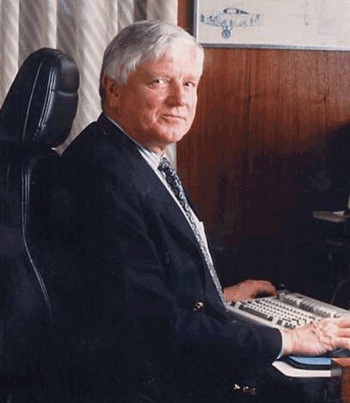 “I
came here on secondment
from British Airways,
for two years—33
years ago.
“I
came here on secondment
from British Airways,
for two years—33
years ago.
“I've
seen centuries of change
here in that time, all
to the good.”
“Emirates
has just overtaken Delta
as the second biggest
airline in terms of seat
miles flown.
“That
pace is quickening as
every month we are taking
on a new A380 and also
B777-300 ER.
“The
B777-300ER is an amazing
airplane.
“We
are currently serving
the west coast of USA
from Dubai with it and
results are just great.
“That
aircraft filled all the
way up with passengers
and baggage can still
take up to 20 tons of
cargo,” Maurice
said.
Finally,
as words of retirement
hung above the room, we
wondered if there was
any unfinished business.
Sir
Maurice looked right at
me and said, “Indeed!
“I
need to write quite a
bit more poetry.
“I
have a book coming that
is in progress.
“I’ve
also created a play for
television.
“It’s
time to get onto new challenges,”
Maurice Flanagan said.
Since
that encounter three weeks
ago we have been thinking
that wherever this great
man sets down, he will
always be somewhere situate
to computer and phone
in case the call comes
in from Dubai.
The
airline business says
farewell to one of its
greatest.
Blue
skies always, Sir Maurice!
Geoffrey/Flossie
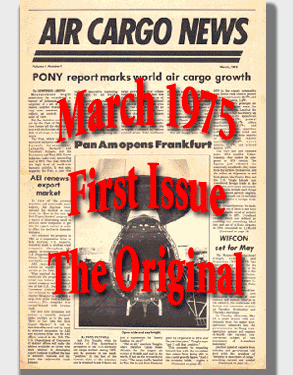 |
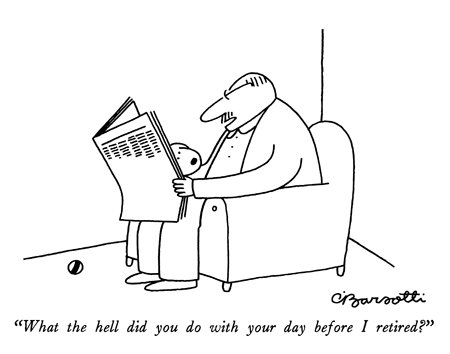 |
You
know we like pictures. |
Get
On Board Air Cargo News
FlyingTypers |
If
You Missed Any Of The Previous
3 Issues Of FlyingTypers |
|||||
|
|||||
FT032913 |
FT040513 |
||||
|---|---|---|---|---|---|
Publisher-Geoffrey
Arend • Managing Editor-Flossie
Arend • Associate Publisher/European
Bureau Chief-Ted Braun Film Editor-Ralph Arend • Special Assignments-Sabiha Arend, Emily Arend • Advertising Sales-Judy Miller |
|

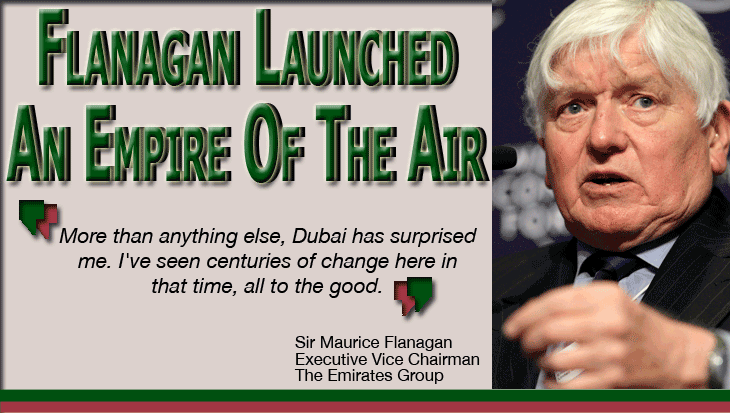
 ne of the greatest builders,
dreamers, and doers in
the history of the airline
business, Sir Maurice
Flanagan, Executive Vice
Chairman Emirates Airlines
& Group, will retire
at the close of April
2013.
ne of the greatest builders,
dreamers, and doers in
the history of the airline
business, Sir Maurice
Flanagan, Executive Vice
Chairman Emirates Airlines
& Group, will retire
at the close of April
2013.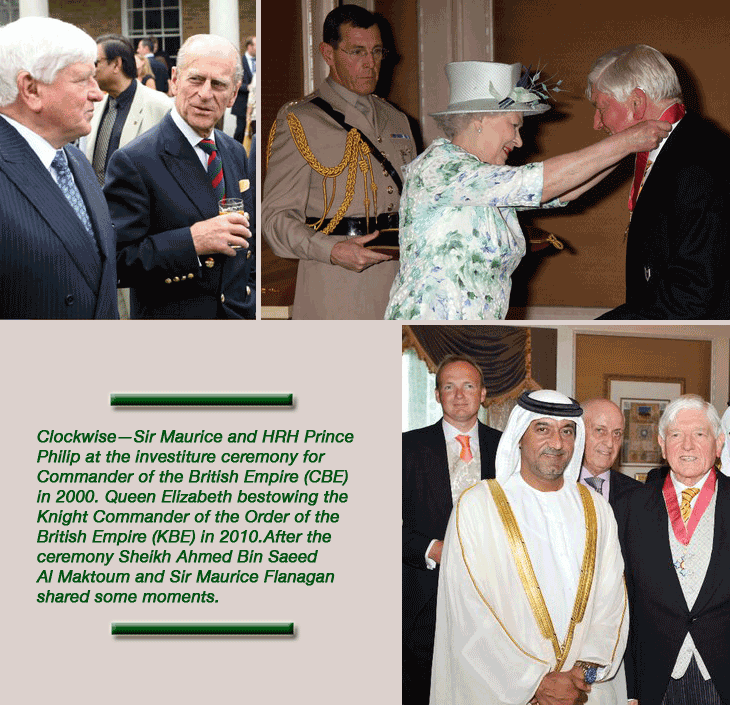
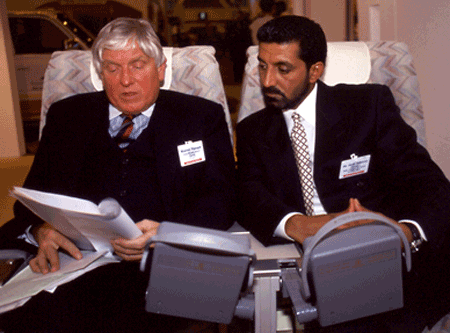
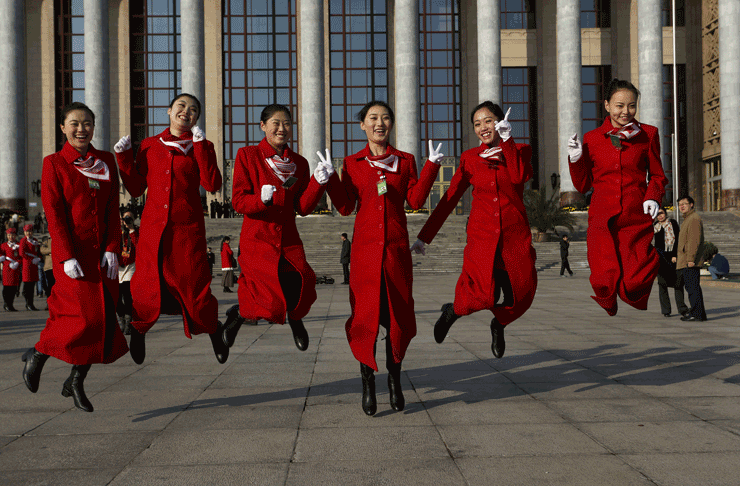
 The
government tasked with righting
a flailing economy amidst public
calls for better government
sent a message with this photo.
The
government tasked with righting
a flailing economy amidst public
calls for better government
sent a message with this photo.